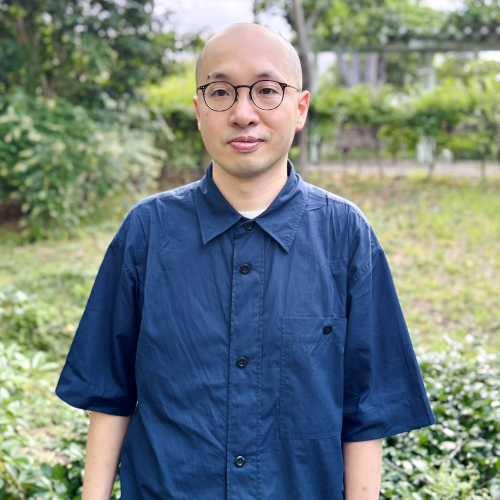Asian Publishers Week
Participant
Kawachi Taku
Country : Japan
Company : Chikumashobo Ltd.
Job Title : Editor in Chief
E-mail : kawachit@chikumashobo.co.jp
Work Experience in Publishing
I started my career in 2008. After I joined Chikumashobo in 2013, I edited the introduction paperbacks for the academic fields. In 2021, I moved to Chikuma Bunko (a paperback series for literature and non-fiction). I am the editor in chief from 2022.
Current Projects
I’m doing a lot of work on republishing the forgotten masterpieces of Japanese literature such as the works of Shiro Hasegawa, Kazuko Fujimoto, Ineko Sata. In 2025, I’m going to publish 13 books (literature, manga, non-fiction etc.)
Main Interest
I’m interested in the circulation and translation of literature in Asia. They will make World Literature better.
Experience Related to This Year’s Topic
Asian literature’s popularity is growing in Western countries, and I think it helps the books to circulate in Asia, too.
“A hundred years and a day” is a novel by Tomoka Shibasaki. I edited this book in 2020 and there was no translation until 2025. In this February, Stonebridge Press (U.S.) published English version of the book. Shortly after that publication, the publishers of Dutch, Brazil, Spain, and Korea contacted us about the book.
This book has a lot of common feelings we feel in this world, the changes of the city, the fragility of life, the strangeness of how time passes etc. But until English version came out, no publisher in the world don’t have interests about this book even though we and the agent recommended it.
I’m longing to publish this book in various languages. I hope people around the world will enjoy this book. Especially, I hope Korean readers will have feelings of empathy because I heard urban redevelopment is an issue in Korea, too.
One thing I can say from this experience is the English version might be a hub for the circulation in Asian countries. As the popularity of Asian literature rises in English countries, more English version will be published. As a result, we will easily get to know the book and hear the reputation about it.
Of course, I want to know about books more directly. Because it’s the fastest. I should get more help from the translators, the agents, and the publishers.
What would you like to discuss related to this year’s topic?
I want to discuss about the benefit by translation and circulation of literature in Asia.
Korean literature is very popular in Japan now. I think Korean literature has the elements that is very weak in Japanese literature. In recent decades, Japanese writers tend to be reluctant to write about social issues. But Korean writers have the will to write about their society. And it hit the Japanese readers’ heart.
For example, “Kim Jiyoung, Born 1982” became a big hit in Japan. Japanese society has the same issues which was written in the book, but we didn’t have the book like “Kim Jiyoung”. So, Japanese readers, writers, publishers welcomed the book and got greatly inspired.
Asian countries have many similarities in each society. So, I think each other’s literature is more approachable than western one. I think we can think about what is written and we can compare it to our own society more easily. And we may find hints for the issues of our own society. Of course there are certainly differences, and I think it’s very attractive. It is a big part of the motivation to read each other’s literature. The writers can get inspiration and make new styles by reading.
Please name any Korean writers, books and publishing companies that you are familiar with.
I edited Japanese version of” 착취도시, 서울” by Lee Hemi.
The publisher Nuhang’s editor, JIN HOAH translated a book edited by me (published by SANZINI). Also, Nuhang is going to publish another book edited by me.
And I love the works of Bak Solmay, Hwang Jungeun, Hang Kang, Chung Serang, and Park Min-gyu. Many of them were translated into Japanese by Mariko Saito.
Your reasons for applying to the Asian Publishers Week 2025.
Nuhang. I think they and I have common interests in the studies of the city, the place, and humanity. I want to talk with them and hear about Korean books. And Marco polo press is going to publish Korean version of “One hundred years and a day” by Tomoka Shibasaki. I edited this book, and I am longing to publish it in various languages. I want to express my gratitude to them from the heart.
I want to find the titles for checking, but I don’t have them now. I must ask the translators I know.
Your Company Profile Chikumashobo Ltd.
Company Address: Kuramae 2-5-3, Taito-ku, Tokyo, Japan postal code:111-8755
Number of Employees: 80
Specialty: Humanities, Literature
Chikumashobo was established in 1940. The company is known for publishing Dazai Osamu “No longer human” in 1948 and publishing many complete works of Japanese and world literature. And the company is publishing several paperback series from mid-1980. The paperback series covers both academic and popular fields.

